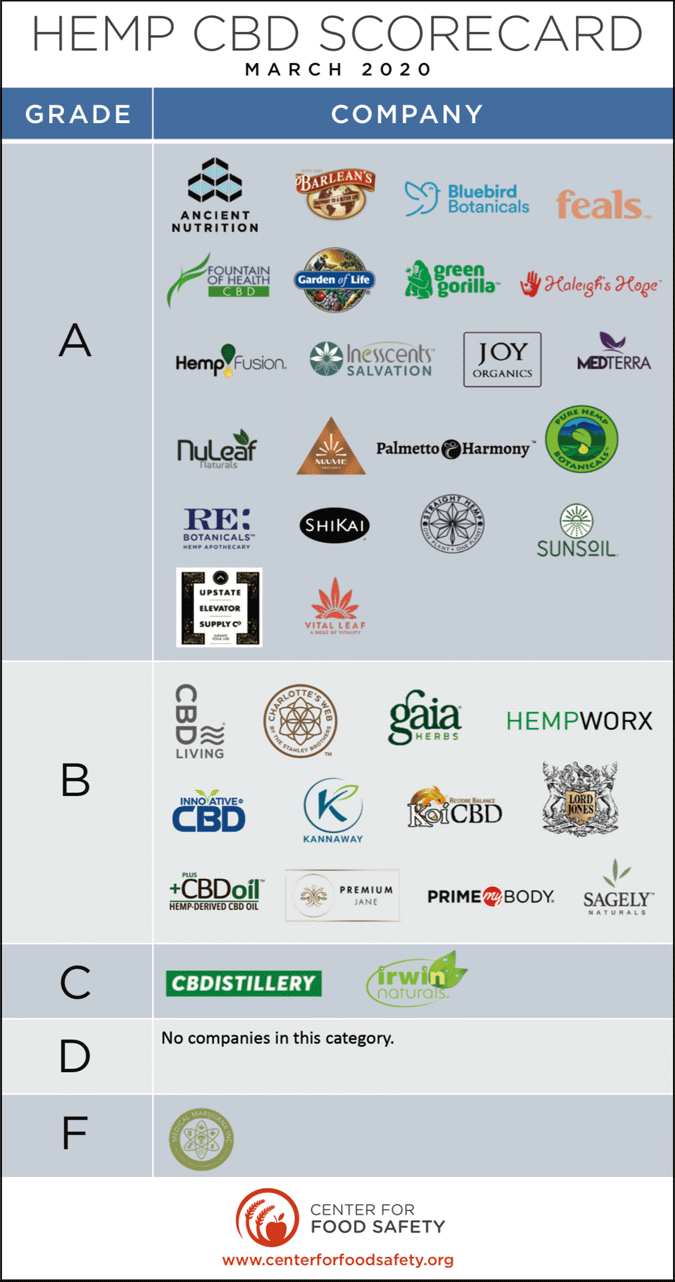DO NOT TAKE THIS COURSE! IT HAS BEEN RETIRED.
Currently the FDA has approved three isolated synthetic CBD products, which include Marinol, Syndros, and Cesamet (Porter, 2017). The FDA is also aware of the many cannabis and CBD products in use by the general public. Because the major purpose of the FDA is public safety using pharmaceuticals and ingestible products, they will only approve CBD for therapeutic use after extensive, peer-reviewed research. When the FDA approves or registers a product it does not guarantee the drug’s effectiveness but only its reasonable safety if taken within defined parameters, which still includes common side effects.
Orally ingested products are weaker than inhaled products but inhaled products are not metabolized by the liver. Nevertheless, recommendations are that smoking any product is potentially damaging to the lungs.
Marinol (dronabinol) is a synthetic derivative of THC and was approved in 1985 for the treatment of weight loss in anorexia, vomiting, and weight loss associated with cancer chemotherapy and AIDS patients. Side effects and warnings include anaphylaxis if: allergic to sesame oil, seizure-like activity, hypotension, syncope, addiction for those with addiction disorders or dependence, and depression, all of which are serious side effects. Marinol alone has become a $150 million product; Syndros is liquified dronabinol, and sales have been estimated to be $400 million.
Cesamet (nabilone) was approved in 1985 and is a synthetic drug that works on the CB1 receptor to inhibit nausea and vomiting and stimulate appetite. Because its effects are on the central nervous system (CNS), the negative side effects are seen in the CNS and include euphoria, depression, anxiety, panic disorders, and paranoia. Both Marinol and Cesamet still have components of THC, which explains these side effects. CBD products should have less than 0.3% and create no CNS psychotic effects.
Although these two products contain THC, which is federally illegal, the FDA has taken the rare step of approving these botanicals. While the FDA may approve the drugs for specific therapeutic uses, it is still up to the DEA to lower the schedule of marijuana. Currently insurance does not cover the cost of medical cannabis, but some plans do cover FDA-approved drugs.
Epidiolex studies show that side effects include fatigue, diarrhea, changes in appetite, and dry mouth. Most of the safety research is in animal studies. Epidiolex dosages is 5 mg/kg oral BID with a max of 20 mg/kg/day.
The average adult dosing of CBD is 300–1500 mg/day for desired effects.
The average adult dosing of THC varies from 2.5 to 5 mg for a beginning cannabis user, up to 20 mg/day. Dosages above 20–30 mg/day may increase the adverse effects or induce tolerance without improving efficacy, and should be discontinued (Lee, 2018).
Regardless of the CBD product, the effects of cannabis are dependent on:
- Dose
- Variety
- Route
- Timing
- General health
- Age of the patient
- Use of other medications
- Chronic use or naïve user
The L.E.S.S. Method is a measured approach to oral cannabis and CBD dosing to start low, establish potency and efficacy, go slow and supplement as needed.
Apply Your Knowledge
What patient education instructions would you give to a patient receiving dronabinol?
Patient Education
Do-it-yourself healers and athletes looking for the next chemical advantage for healing and performance comprise a large group of consumers of CBD products. The market has exploded with products claiming numerous benefits from CBD, many of which have not been substantiated. Those suffering from chronic illness and pain not relieved by traditional pharmacologic products tend to try hemp and whole cannabis plant products. The concern is getting consumers honest information that doesn’t come from the marketers. Because there are no prescribing limitations and guidelines, consumers also use products without medical guidance, which may interfere with prescribed medications.
General guidance
- Look for full spectrum CBD (100% pure without THC)
- Use a CBD product made from organically grown hemp
- Require transparency from your CBD company
- Keep CBD and cannabis products out of reach of children
- Ask for test results and studies from manufacturers
- Avoid products that make unfounded health claims
- Avoid vaping products that contain propylene glycol (which degrades to formaldehyde)
- Utilize independent certifications when comparing product companies
- Look for companies that test for pesticides and heavy metals
When CBD products are offered in edibles such as baked goods and candy, children may be in danger from such products. These edibles may also be dangerous when eaten in unlimited quantities by adults because the CBD component varies and may become toxic.
Unfortunately, cannabis is often marketed as a nutritional supplement and marketers claim that people are deficient in cannabinoids, which is false. The extremely popular market of CBD products demonstrates that the lack of scientific evidence doesn’t prevent people from buying and using a product.
The Center for Food Safety is a national nongovernmental, non-profit public environmental advocacy organization that grades products for safety. An example of their contribution to public safety is their Hemp CBD Scorecard.

Source: Center for Food Safety, 2020. Used with permission.
